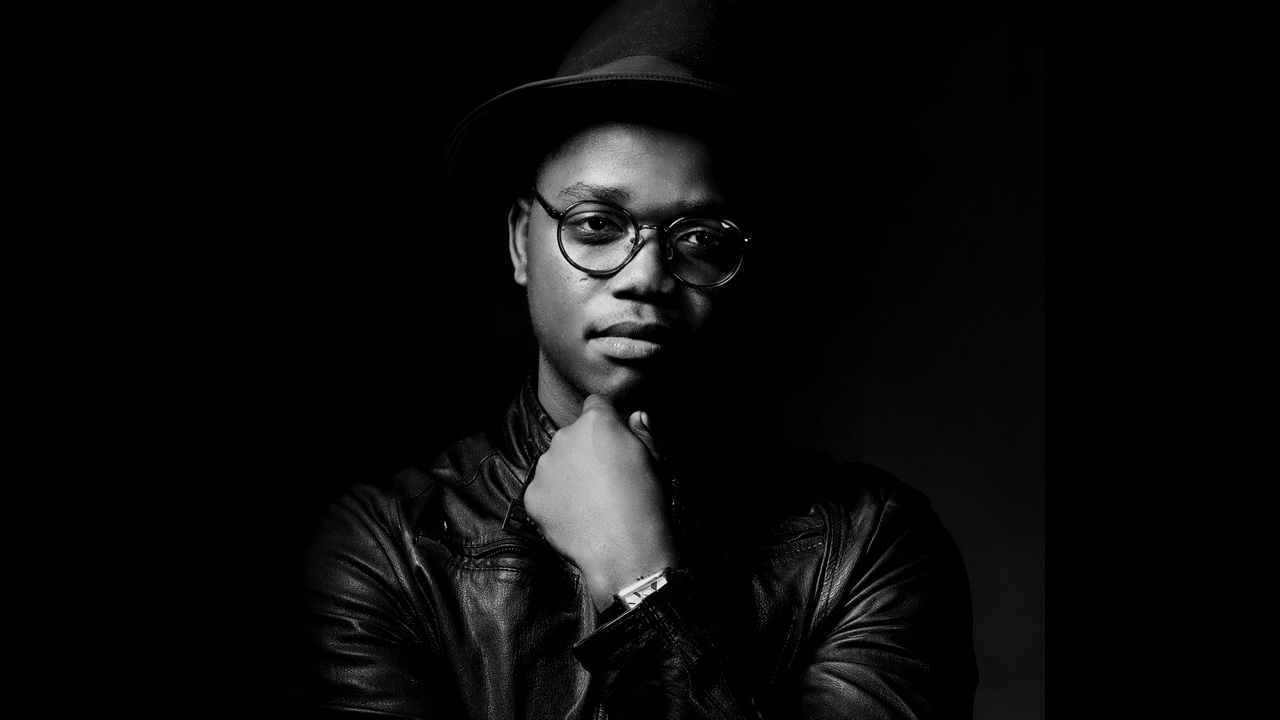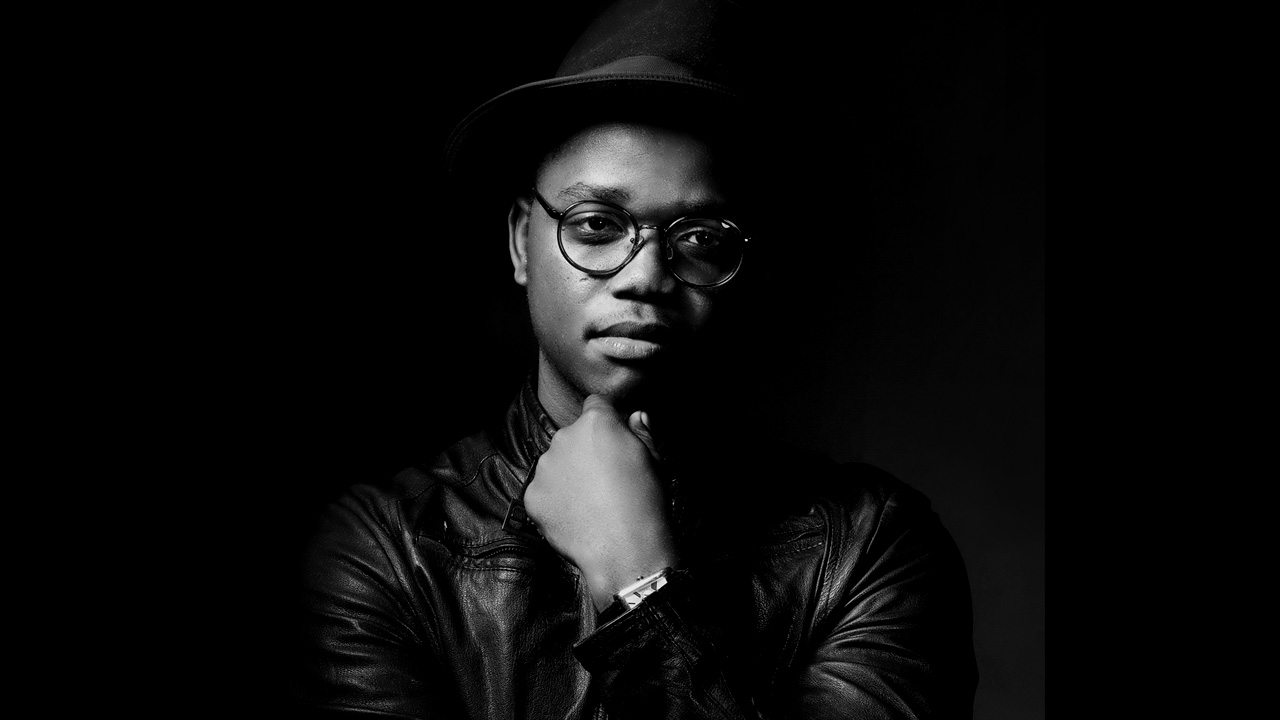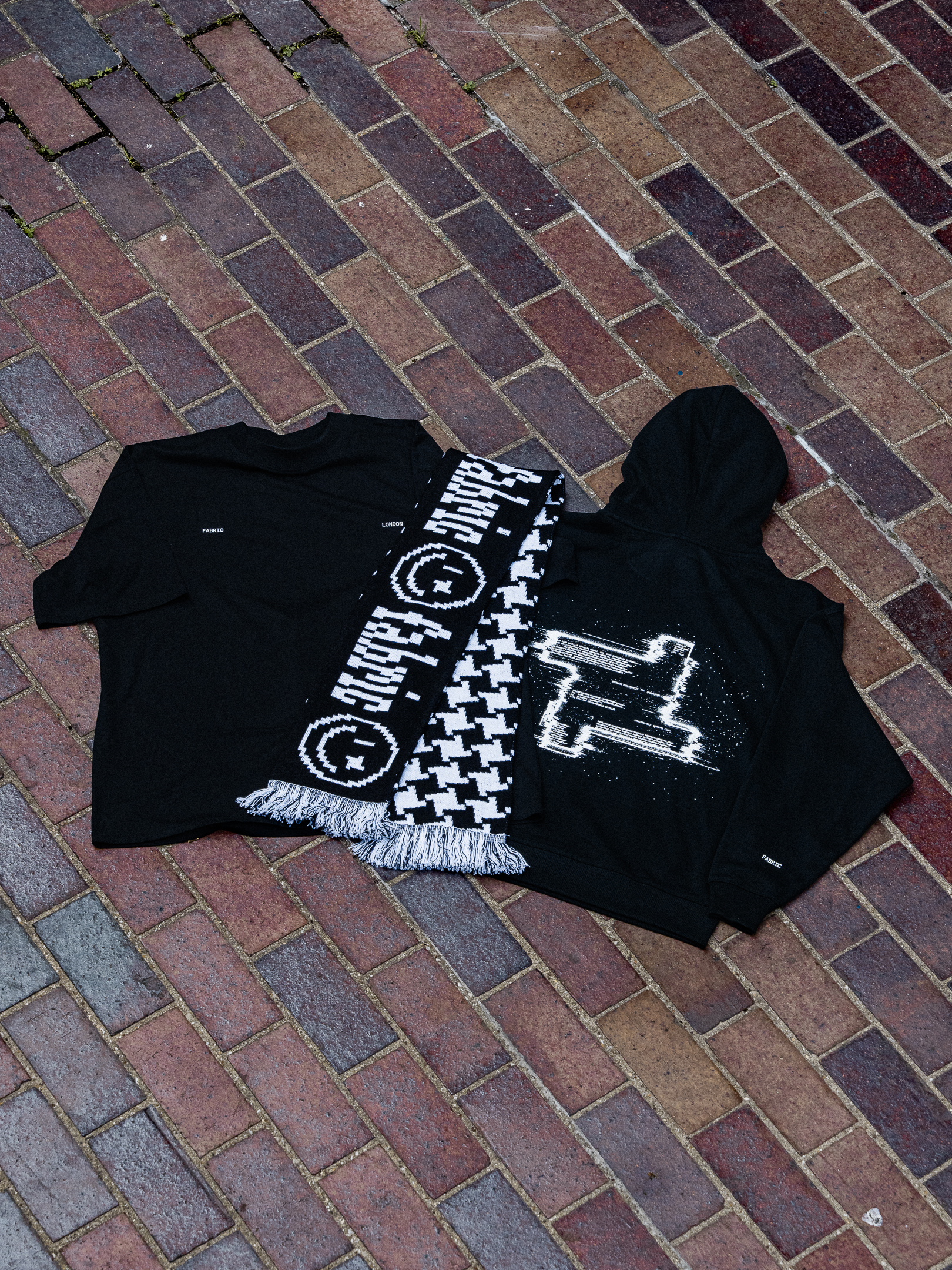News
Audio: Introducing Culoe De Song's rhythmic African sound
 When it comes to electronic music in South Africa, there are few artists as prolific as Culoe De Song. Spending his adolescence between playing in Durban clubs and producing helped him land a place at Red Bull Music Academy, where a further stroke of luck led to his huge first release The Bright Forest on the lauded deep house label Innervisions.
Over the last decade he’s helped to carve South Africa’s booming electronic scene, which he’s largely done alongside the mammoth house artist, Black Coffee.
He might be one of South Africa’s brightest stars, but it’s actually a relatively rare occurrence to see him playing in London. In anticipation of his Farringdon debut this coming Friday, we got in touch with him for an exclusive mix and conversation. For his mix, he compiled an hour of emotion-laden African rhythms, before discussing early influences, religion, and the South African music scene.
Download: Culoe De Song fabric Promo Mix
Is there a concept or theme underlying the mix?
This is just a mix to enjoy and love thyself.
From where did you source most of the records?
South Africa.
You’ve previously described God’s influence on your work – how much does religion play a part in your life?
God is a big part of my life and religion is still a study (as always) to gain more understanding on the meaning of its teachings. Life is the practical part.
Where did you first come into contact with Black Coffee?
I met Black Coffee in 2007 in Durban. We met through his childhood friend, DJ Kabila.
Did you feel any sense of reservation going into RBMA at such a young age?
Not really. I felt like it was the right thing to experience, just like playing in clubs in downtown Durban when I was "underage". That was a controversial part of my life, but I’m grateful for it as it put me a couple of years ahead in terms of growth and exposure.
How much did you know about European labels like Innervisions before you signed with them?
I was exposed to records by guys like Âme and Henrik Schwarz through local compilations. The compilation culture was very big, and it was through these mixes that a lot of overseas records got consumed by the masses.
Do you remember the first artists you looked up to?
Michael Jackson. I still can't do the moonwalk though.
For many people outside of South Africa you would have been an entry point into hearing electronic music from this part of the world. How was the scene in the country before you and Black Coffee started receiving wider attention?
The house music scene was still largely influenced by the international market. Licensing music from abroad was the in-thing until a lot of kids like me started producing their own music and remixing local sounds following the likes of Black Coffee. It created a special movement and identity.
How does playing in Europe differ to South Africa?
It’s not too different – it just depends on where you are playing. In major parts of South Africa, they dance with the same necessity as breathing. Everything is rhythmic and grounded – they take it very seriously. In most parts of Europe, it usually feels like a galaxy experience. People travel dreamscapes through music, literally. I love both experiences.
What do you think is the main difference between European and South African electronic music?
Rhythms. European electronic music tends to be more linear, while South African electronic music has a natural swing to it.
What effect does South Africa’s political landscape have on the club culture?
In most parts of the country, black and white people don't party together and this is a result of the country's political history. The different cultures are rich and unique in their own right. It’s a very "diverse" country in an interesting sense and this diversity is most evident in modern festivals and clubs that have a great interest in merging cultures.
Last year you put out a mix album for Watergate as well as a studio album – do you see a general trend towards South African music becoming better known globally?
Nowadays, even in the mainstream you can find a number of records that have an African touch. I see the global reception of African music in general really growing.
When it comes to electronic music in South Africa, there are few artists as prolific as Culoe De Song. Spending his adolescence between playing in Durban clubs and producing helped him land a place at Red Bull Music Academy, where a further stroke of luck led to his huge first release The Bright Forest on the lauded deep house label Innervisions.
Over the last decade he’s helped to carve South Africa’s booming electronic scene, which he’s largely done alongside the mammoth house artist, Black Coffee.
He might be one of South Africa’s brightest stars, but it’s actually a relatively rare occurrence to see him playing in London. In anticipation of his Farringdon debut this coming Friday, we got in touch with him for an exclusive mix and conversation. For his mix, he compiled an hour of emotion-laden African rhythms, before discussing early influences, religion, and the South African music scene.
Download: Culoe De Song fabric Promo Mix
Is there a concept or theme underlying the mix?
This is just a mix to enjoy and love thyself.
From where did you source most of the records?
South Africa.
You’ve previously described God’s influence on your work – how much does religion play a part in your life?
God is a big part of my life and religion is still a study (as always) to gain more understanding on the meaning of its teachings. Life is the practical part.
Where did you first come into contact with Black Coffee?
I met Black Coffee in 2007 in Durban. We met through his childhood friend, DJ Kabila.
Did you feel any sense of reservation going into RBMA at such a young age?
Not really. I felt like it was the right thing to experience, just like playing in clubs in downtown Durban when I was "underage". That was a controversial part of my life, but I’m grateful for it as it put me a couple of years ahead in terms of growth and exposure.
How much did you know about European labels like Innervisions before you signed with them?
I was exposed to records by guys like Âme and Henrik Schwarz through local compilations. The compilation culture was very big, and it was through these mixes that a lot of overseas records got consumed by the masses.
Do you remember the first artists you looked up to?
Michael Jackson. I still can't do the moonwalk though.
For many people outside of South Africa you would have been an entry point into hearing electronic music from this part of the world. How was the scene in the country before you and Black Coffee started receiving wider attention?
The house music scene was still largely influenced by the international market. Licensing music from abroad was the in-thing until a lot of kids like me started producing their own music and remixing local sounds following the likes of Black Coffee. It created a special movement and identity.
How does playing in Europe differ to South Africa?
It’s not too different – it just depends on where you are playing. In major parts of South Africa, they dance with the same necessity as breathing. Everything is rhythmic and grounded – they take it very seriously. In most parts of Europe, it usually feels like a galaxy experience. People travel dreamscapes through music, literally. I love both experiences.
What do you think is the main difference between European and South African electronic music?
Rhythms. European electronic music tends to be more linear, while South African electronic music has a natural swing to it.
What effect does South Africa’s political landscape have on the club culture?
In most parts of the country, black and white people don't party together and this is a result of the country's political history. The different cultures are rich and unique in their own right. It’s a very "diverse" country in an interesting sense and this diversity is most evident in modern festivals and clubs that have a great interest in merging cultures.
Last year you put out a mix album for Watergate as well as a studio album – do you see a general trend towards South African music becoming better known globally?
Nowadays, even in the mainstream you can find a number of records that have an African touch. I see the global reception of African music in general really growing. Tags
No items found.


.jpg)

